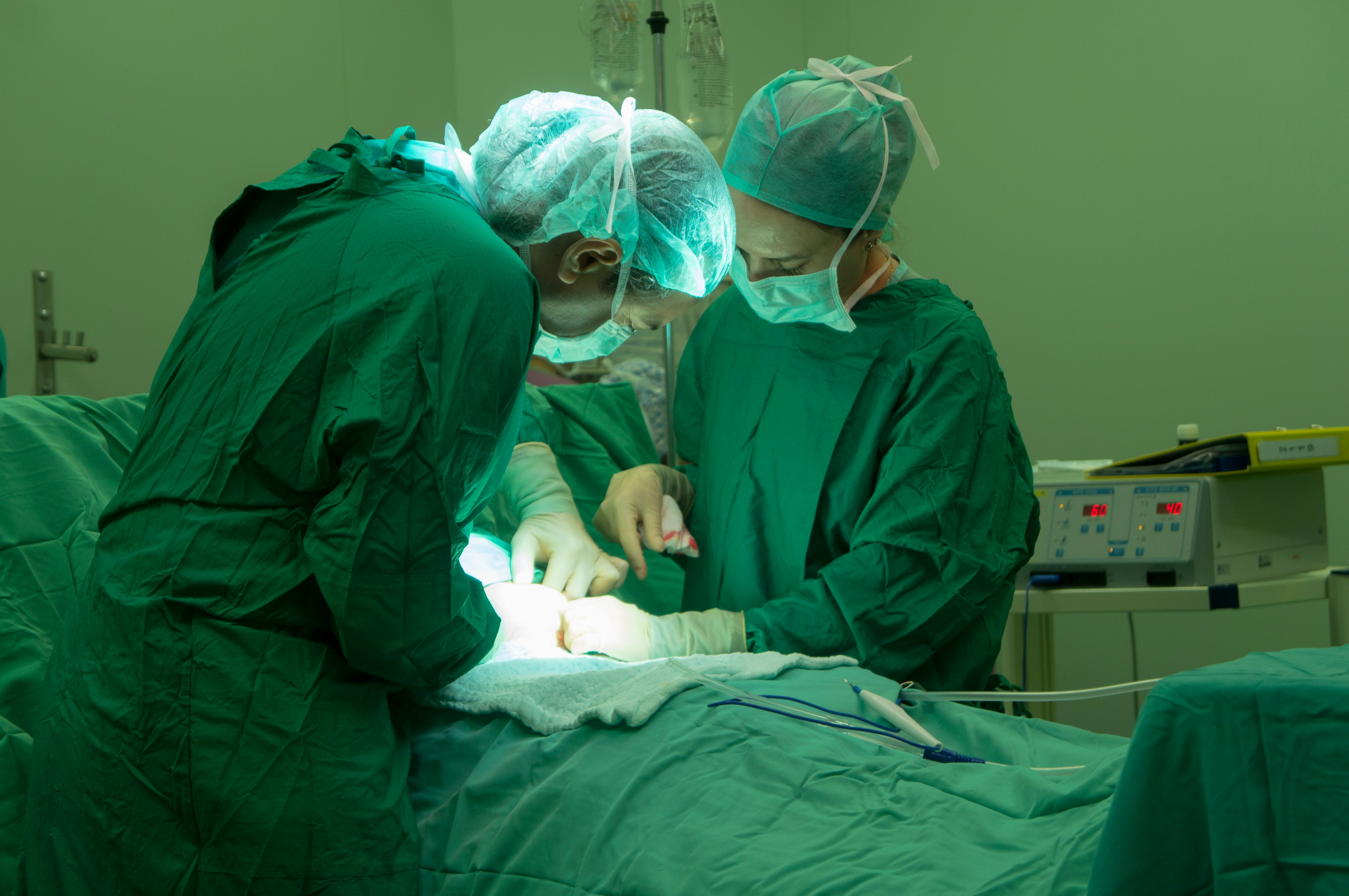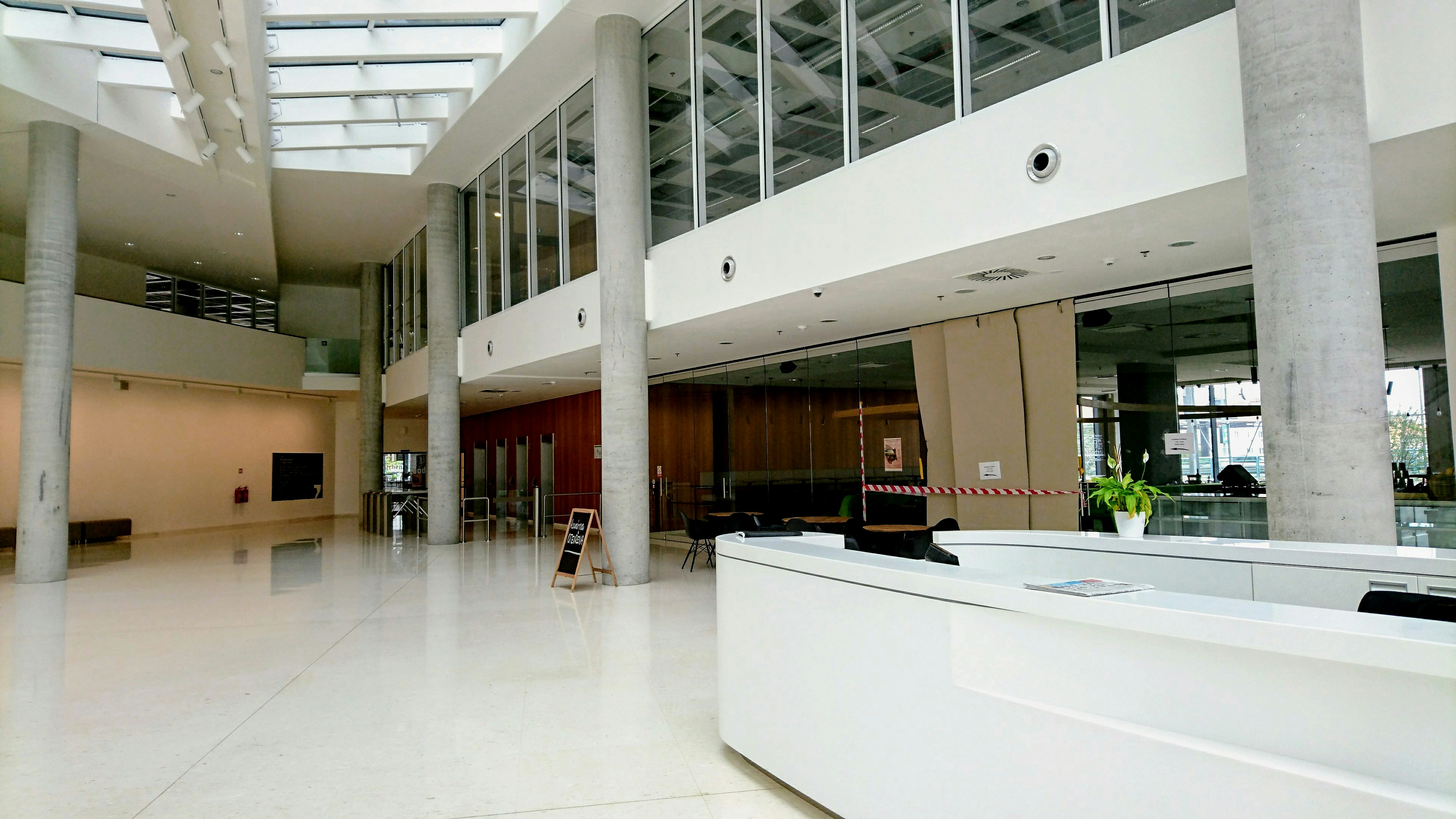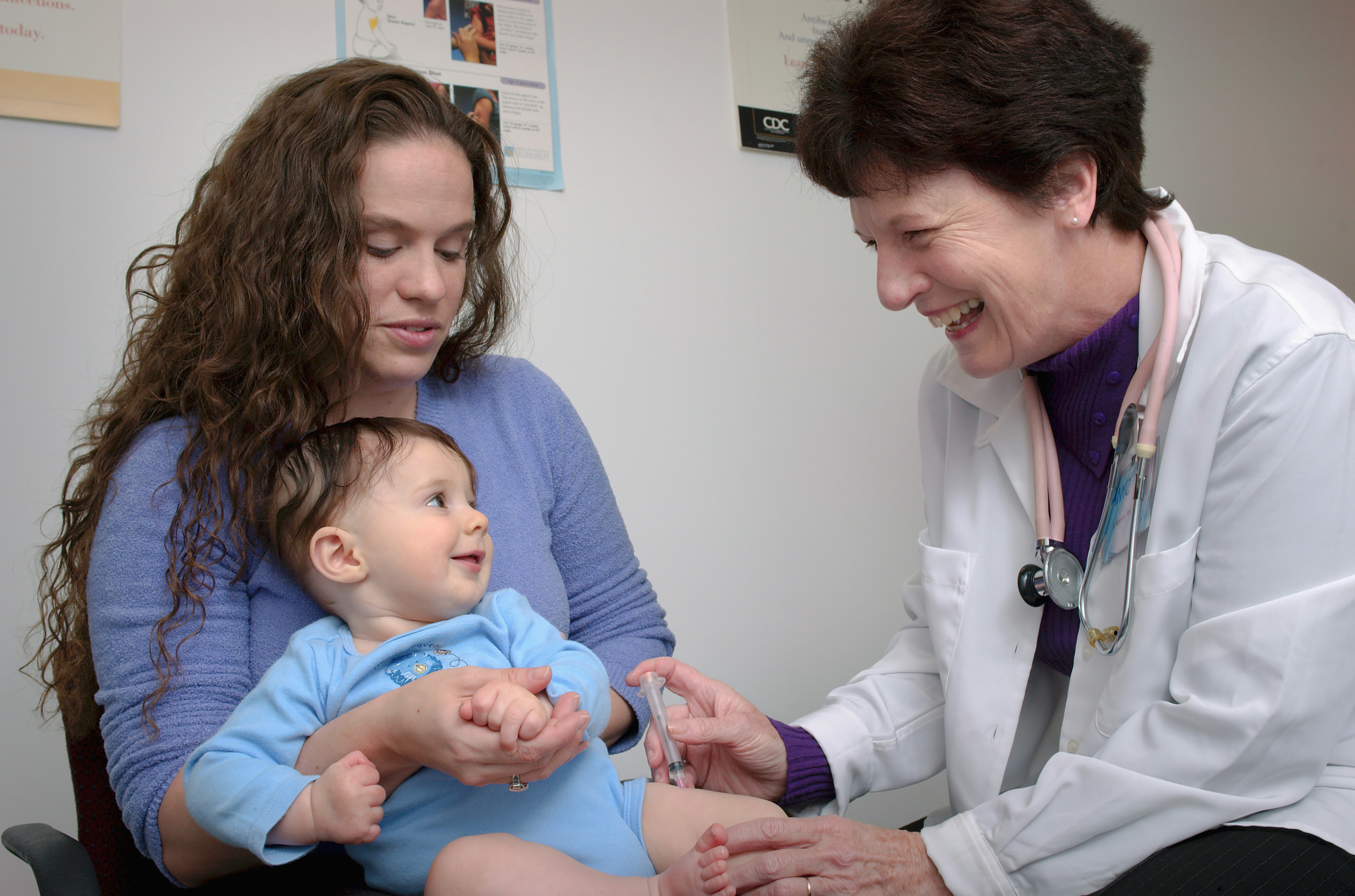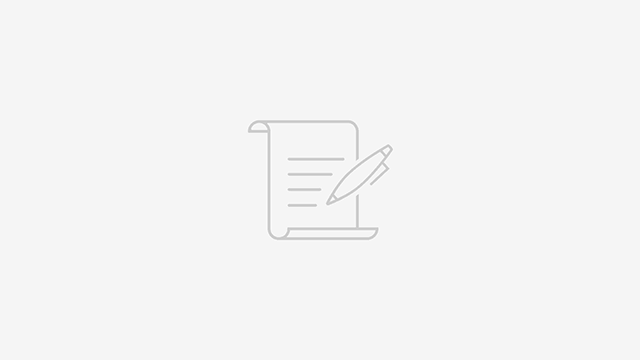消化器外科における鼠径ヘルニア、腹壁ヘルニアに関する会話例と英語フレーズ
消化器外科では、鼠径ヘルニア(Inguinal Hernia)や腹壁ヘルニア(Abdominal Wall Hernia)などのヘルニアが頻繁に診察されます。これらのヘルニアは、腹部や鼠径部に生じた腸や組織が突出する状態であり、痛みや不快感を引き起こすことがあります。治療には、通常、外科的修復が必要です。
この記事では、ヘルニア患者との診察を想定し、特有の会話例と重要なフレーズを学びます。
患者の設定
- 名前: Kazuhiro Suzuki (52歳、男性)
- 職業: オフィスワーカー
- 主な症状: 右側鼠径部の膨らみと痛み、特に立ち上がったり持ち上げたりすると悪化する。
- 既往歴: 健康だったが、最近痛みが出てきた。
- 生活習慣: 体重増加気味で、仕事の関係で座っている時間が長い。
診察の流れと会話例
1. 初診での問診と症状の確認
Doctor: “Good afternoon, Mr. Suzuki. I understand you’ve been experiencing some discomfort and a bulge in your groin area. Can you tell me more about when this started and what makes the pain worse?”
日本語訳: 「こんにちは、鈴木さん。鼠径部に不快感と膨らみがあるとお聞きしましたが、いつからこの症状が始まり、痛みが悪化するのはどのような時ですか?」
Patient: “The bulge started a few months ago, but it wasn’t painful at first. Recently, it’s been hurting more, especially when I stand up or lift something heavy.”
日本語訳: 「膨らみは数ヶ月前からありましたが、最初は痛みはありませんでした。最近になって、立ち上がる時や重いものを持ち上げる時に痛むようになりました。」
Doctor: “I see. So the pain gets worse when you’re standing or lifting something. Have you noticed if the bulge goes away when you lie down or rest?”
日本語訳: 「なるほど。立っている時や持ち上げる時に痛みが悪化するんですね。横になったり、休んでいるときに膨らみが消えることはありますか?」
Patient: “Yes, the bulge goes down when I lie down, but it comes back when I’m on my feet again.”
日本語訳: 「はい、横になると膨らみが小さくなるんですが、立ち上がるとまた戻ってきます。」
2. 鼠径ヘルニアや腹壁ヘルニアのリスクファクターの説明
Doctor: “Based on your symptoms, it sounds like you may have an inguinal hernia. This occurs when part of the intestines or tissue pushes through a weak spot in the abdominal muscles. The fact that the bulge reduces when you lie down is a common sign of this type of hernia. Have you noticed any other symptoms, like nausea or trouble with bowel movements?”
日本語訳: 「症状から考えると、鼠径ヘルニアの可能性があります。これは、腸や組織の一部が腹部の筋肉の弱い部分から突出することによって起こります。横になったときに膨らみが小さくなるのは、典型的なヘルニアの兆候です。他に、吐き気や排便の問題などはありますか?」
Patient: “No, I haven’t noticed any nausea or changes in my bowel movements.”
日本語訳: 「いいえ、吐き気や便通の変化はありません。」
3. 検査の必要性と診断の説明
Doctor: “To confirm the diagnosis of a hernia, we’ll perform a physical examination and may also do an ultrasound to get a better look at the area. If it’s confirmed that you have a hernia, surgery is often the recommended treatment to prevent further complications, such as strangulation of the intestines.”
日本語訳: 「ヘルニアの診断を確定するために、身体検査を行い、必要に応じてエコー検査を行います。もしヘルニアが確認された場合、腸の絞扼などのさらなる合併症を防ぐために、手術が推奨されることが多いです。」
Patient: “Is surgery the only option?”
日本語訳: 「手術しか選択肢はありませんか?」
Doctor: “In many cases, surgery is the best option to prevent the hernia from getting worse or causing serious complications. If the hernia is small and not causing severe symptoms, we may monitor it for a while, but surgery is usually recommended, especially if it’s affecting your daily activities.”
日本語訳: 「多くの場合、ヘルニアが悪化したり、重篤な合併症を引き起こさないようにするためには、手術が最良の選択肢です。ヘルニアが小さく、症状が軽ければしばらく経過観察することもありますが、特に日常生活に影響が出ている場合は、手術を推奨します。」
4. 診断結果と治療法の説明
Doctor: “If the tests confirm an inguinal hernia, the surgery we typically recommend is a hernia repair, which can be done laparoscopically. This means we’ll make small incisions and use a camera and instruments to repair the weak spot in your abdominal wall. Recovery time is usually faster with this approach.”
日本語訳: 「もし検査で鼠径ヘルニアが確認された場合、一般的にお勧めする手術はヘルニア修復術で、腹腔鏡を使って行うことができます。つまり、小さな切開をして、カメラと器具を使って腹壁の弱い部分を修復します。この方法だと、回復時間が通常よりも早くなります。」
Patient: “How long would the recovery take?”
日本語訳: 「回復にはどれくらいかかりますか?」
Doctor: “Most patients can go home the same day or the day after surgery. You’ll need to avoid heavy lifting for about two weeks, but you should be able to return to light activities within a few days. We’ll provide you with detailed instructions on how to take care of yourself after the surgery.”
日本語訳: 「ほとんどの患者さんは、手術当日か翌日には退院できます。重いものを持つのを2週間ほど避ける必要がありますが、数日以内に軽い活動には戻れるはずです。手術後のケア方法についても詳細な指示をお伝えします。」
5. 症状管理と予防策
Doctor: “To help prevent the hernia from getting worse before surgery, it’s important to avoid heavy lifting, straining during bowel movements, and standing for long periods. Maintaining a healthy weight can also reduce the pressure on your abdominal muscles.”
日本語訳: 「手術前にヘルニアが悪化しないようにするためには、重いものを持たない、排便時に力まない、長時間立っていることを避けることが重要です。また、健康的な体重を維持することで、腹部の筋肉への負担を減らすことができます。」
Patient: “Will the hernia go away on its own if I avoid heavy lifting?”
日本語訳: 「重いものを持つのを避ければ、ヘルニアは自然に治りますか?」
Doctor: “Unfortunately, hernias don’t go away on their own. They usually require surgery to repair the weakened area. However, avoiding heavy lifting and other strain can help prevent it from getting worse until
4o
ChatGPT:
ChatGPT
you can have the surgery.”
日本語訳: 「残念ながら、ヘルニアは自然には治りません。通常、弱くなった部分を修復するためには手術が必要です。ただし、重い物を持たないことや負担をかけないことは、手術が受けられるまで悪化を防ぐのに役立ちます。」
学習ポイント
- 症状の確認: ヘルニアに関連する症状を確認するためのフレーズを学びましょう。例: “Are you experiencing any pain or bulging in your groin area, especially when lifting heavy objects?“(鼠径部に痛みや膨らみがあり、特に重いものを持つときに症状がありますか?)
- 検査の説明: ヘルニアの診断に必要な検査を説明するフレーズを学びます。例: “We’ll perform a physical examination and may do an ultrasound to confirm the diagnosis of a hernia.“(ヘルニアの診断を確定するために、身体検査とエコー検査を行うことがあります。)
- 治療法の説明: ヘルニアに対する治療法を説明するフレーズを学びます。例: “Surgery is usually the best option to repair the hernia and prevent further complications.“(ヘルニアの修復と、さらなる合併症を防ぐためには、通常手術が最良の選択肢です。)
- 術後ケアと予防策: ヘルニアの管理や術後のケアを学びます。例: “Avoid heavy lifting and straining for a few weeks after surgery to ensure proper healing.“(手術後数週間は重いものを持ったり、力んだりしないことで、適切に回復します。)
関連キーワード: 鼠径ヘルニア, 腹壁ヘルニア, ヘルニア修復術, 腹腔鏡手術, エコー検査, 英語会話例, 外国人対応




